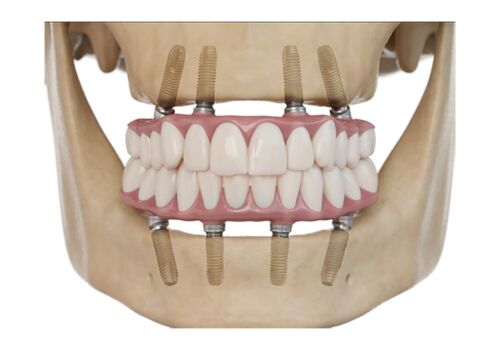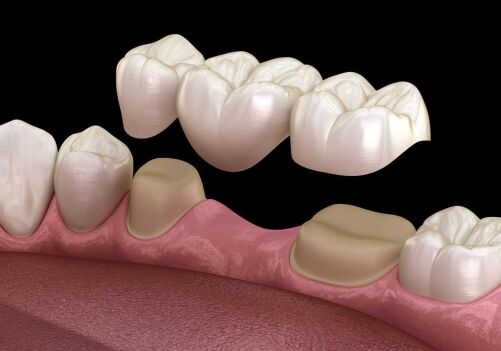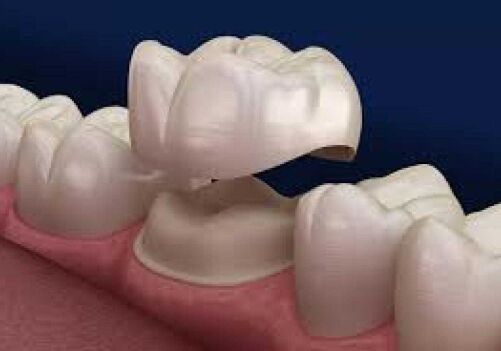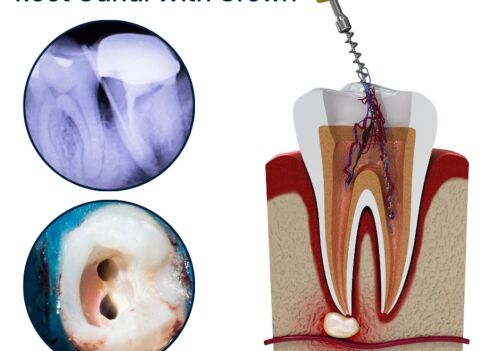I. Introduction
A. Definition of dental implants: Dental implants are artificial tooth roots, typically made of titanium, that provide a permanent base for fixed or removable replacement teeth.
B. Importance of dental implants for oral health: They restore not only the aesthetic appearance of teeth but also contribute significantly to overall oral health by improving functionality and preserving jawbone structure.
II. Overview of Dental Implant Procedure
A. Initial consultation and assessment: The process begins with a comprehensive assessment of the patient’s dental health to determine suitability for implants.
B. Surgical placement of the implant: During a minor surgical procedure, the implant is placed into the jawbone, serving as a sturdy foundation for replacement teeth.
C. Healing and integration period: Post-surgery, a healing period is required for the implant to integrate with the bone, which can take several months.
D. Attachment of the dental crown: Once healing is complete, a custom dental crown is attached to the implant, completing the restoration process.
III. Benefits of Dental Implants
A. Improved aesthetics: Dental implants look and feel like natural teeth, enhancing the smile and boosting self-confidence.
B. Enhanced functionality: They allow for normal chewing and speaking, improving overall quality of life.
C. Preservation of jawbone structure: Implants stimulate the jawbone, helping to maintain its density and prevent deterioration.
D. Long-term solution compared to other options: Unlike dentures or bridges, implants are durable and designed to last a lifetime with proper care.
IV. Considerations Before Getting Dental Implants
A. Patient eligibility and oral health evaluation: Candidates must have healthy gums and adequate bone density for successful implantation.
B. Potential risks and complications: As with any surgical procedure, there can be risks such as infection or implant failure.
C. Cost considerations and insurance options: Dental implants can be a significant investment, and reviewing insurance coverage is essential for budget planning.
V. Choosing a Dental Implant Provider in Brentwood
A. Researching local clinics and specialists: It's important to look for providers with a good reputation and specialized training in dental implants.
B. Importance of qualifications and experience: Verify the credentials and experience of the dental professionals to ensure high-quality care.
C. Consulting patient reviews and testimonials: Reading feedback from previous patients can provide insight into the quality of care and patient satisfaction.
VI. Aftercare and Maintenance
A. Post-operative care guidelines: Patients should follow specific aftercare instructions to ensure proper healing and minimize complications.
B. Importance of regular dental check-ups: Regular follow-up visits are essential for monitoring the health of implants and overall oral health.
C. Tips for maintaining good oral hygiene with implants: Good oral hygiene, including brushing and flossing, is crucial for the longevity of dental implants.
VII. Conclusion
A. Summary of the advantages of dental implants: Dental implants provide a durable, aesthetic, and functional solution for missing teeth that can significantly improve quality of life.
B. Encouragement to explore options in Brentwood for improved dental health: If you're considering dental implants, consult with a local specialist to discuss your options and start your journey towards enhanced oral health.
FAQs
1. Are dental implants suitable for everyone?
Dental implants are not suitable for everyone. A thorough evaluation by a dental professional is necessary to determine eligibility based on oral health and bone density.
2. How long does the dental implant procedure take?
The overall process can take several months, including healing time. The actual surgical placement usually takes about 1 to 2 hours.
3. Do dental implants require special care?
No special care is needed besides maintaining excellent oral hygiene and regular dental check-ups to ensure the health of the implants.
4. What are the risks associated with dental implants?
Potential risks include infection, nerve damage, and implant failure. A qualified provider can help minimize these risks.
5. Will my insurance cover dental implants?
Coverage for dental implants varies by insurance plan. It's essential to check with your insurance provider to understand your specific coverage options.</p
Gallery















Comments: